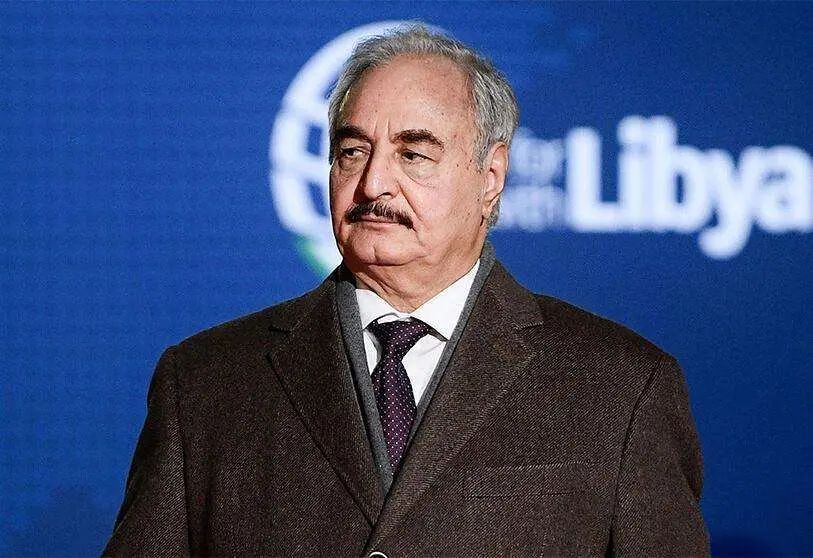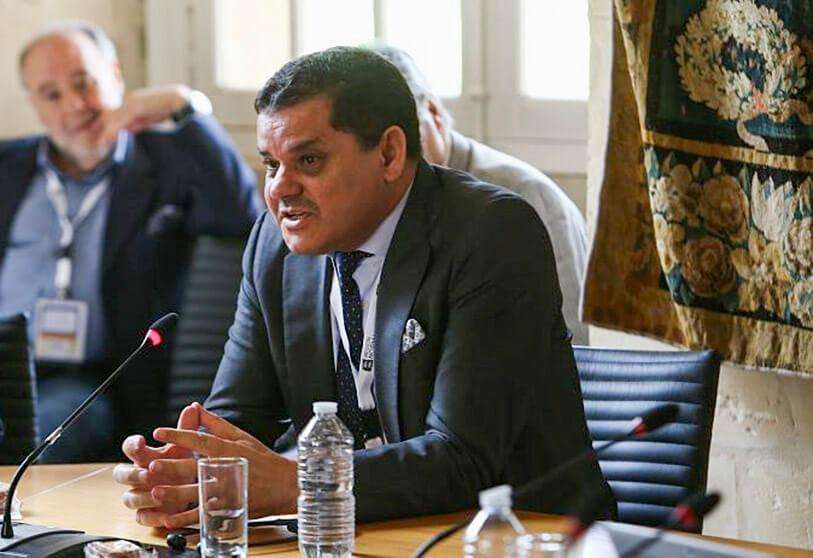Meeting between Yan Kubish and Khalifa Haftar to discuss Libya's security, as Dbeibah travels to Tobruk

Yan Kubish, the United Nations (UN) envoy to Libya, has met with the commander-in-chief of the Libyan army, Khalifa Haftar, to discuss one of the main concerns of the new government headed by Prime Minister Abdul Hamid Dbeibah, the country's security and, above all, compliance with the ceasefire signed on 23 October last year. Dbeibah is currently in Tobruk after his stay in Cairo to reconcile positions with Egyptian President Abdel Fattah al-Sisi, so he was not present at the meeting.
This meeting came just hours after Kubish met with the coordinator of the United Nations Support Mission in Libya, Rizdon Zininga, the Humanitarian Coordinator, Georgette Gagnon, the Minister of Defence in the "reconciliation" government, Salah al-Nimroush, and senior officials from the Ministry of Defence in the country's capital, Tripoli. The meeting also discussed the complex security situation in Libya, including accelerating the ceasefire implementation process and increasing support for the efforts being made by the Joint Military Committee. They also discussed means of cooperation to unify military and security institutions, as well as UN support for security sector reform, disarmament, demobilisation and reintegration efforts.

Meanwhile, Libya's Prime Minister arrived in Tobruk, located in the east of the country, to meet with the House of Representatives to discuss issues ahead of the government's approval session. He was received by Lieutenant General Saqr Al-Jaroushi, commander of the Libyan Air Force, who will later make a series of visits across much of the country.
Dbeibah is also scheduled to meet with the Speaker of Parliament, Aguila Saleh, in the coastal city of Sirte, to discuss similar issues to those in Tobruk. This is all ahead of the forthcoming session to approve Libya's new government, which was elected at the Libyan Political Dialogue Forum (LDPF) on 5 February in Geneva. From that day, the executive headed by Abdul Hamid Dbeibah had 21 days to present and ratify the new members of the country's highest governing body in front of parliament. Failing that, the Political Dialogue Forum would have to be used again.








